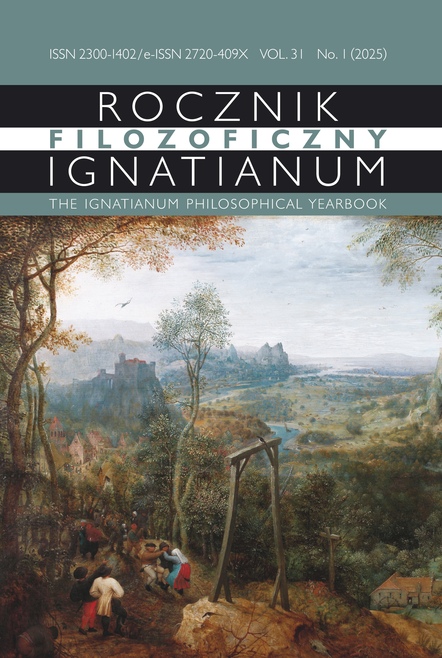Wojciech Iwańczak, Magiczny rok 1497 (Warszawa: Państwowy Instytut Wydawniczy, 2024), ss. 296
Abstract
Wojciech Iwańczak w książce Magiczny rok 1497 podjął się ambitnego zadania przedstawienia jednego roku z historii świata w formie wielowymiarowej narracji, która ukazuje zdarzenia kształtujące ówczesny porządek polityczny, społeczny i kulturowy. Wybierając rok 1497, autor skupił się na analizie zjawisk z pogranicza polityki, kultury, nauki i przyrody, kreśląc obraz epoki pełnej kontrastów i dynamicznych przemian. Książka nabrała w ten sposób charakteru interdyscyplinarnego, łącząc podejście historyczne i kulturoznawcze z socjologicznym, co pozwala czytelnikowi zanurzyć się głębiej w różnorodność przedstawianych wydarzeń. Publikacja składa się z jedenastu rozdziałów, z których każdy poświęcony jest innemu aspektowi: wydarzeniom, postaciom oraz zjawiskom związanym z rokiem 1497. Autor umiejętnie prowadzi czytelnika przez szerokie spektrum tematów, poczynając od przedstawienia fenomenu renesansowej Florencji, wiodąc poprzez odkrycia geograficzne, naukę i ważne wydarzenia polityczne oraz militarne i kończąc na klęskach naturalnych.
Copyright (c) 2025 Ignatianum University in Cracow

This work is licensed under a Creative Commons Attribution-NoDerivatives 4.0 International License.
The Yearbook only accepts materials for publication that are free of all conflicts of interest, and that in no way involve conflicts over authorship, copyright, etc. The Editors will take action against any cases of plagiarizing, ghostwriting1, guest/honorary authorship2, etc. Where co-authored work is concerned, the Author listed first is expected to take responsibility for the submission, and is required to make clear the contributions of all of the Co-Authors involved. In the event of the publication owing its existence to funding dedicated to this purpose, this fact should be made clear: e.g. in any note of thanks/acknowledgement, or in a footnote, etc. Explicit notification should be given of any form of reprinting, with the appropriate evidence of permission to publish being furnished as required. Any impropriety on the part of Authors/Reviewers risks exposing them to appropriate responses from the relevant institutions.
______
1 This term refers to instances of a person who has made an essential contribution being omitted from the list of authors, or from notes conveying gratitude and/or acknowledgement.
2 This occurs when a person who has made either an insignificant contribution or no contribution at all nevertheless appears on the list of authors.





